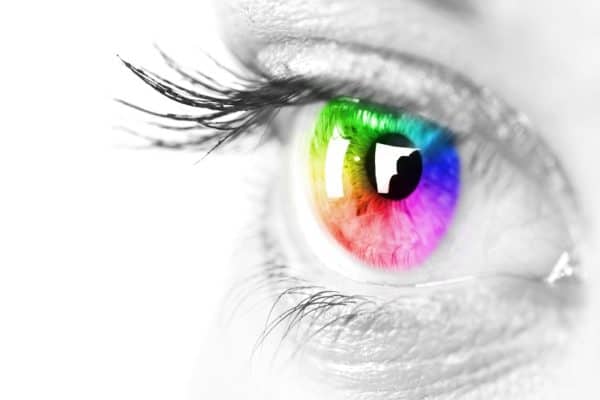The eye doctors at our LASIK center in Miami consult with thousands of patients about cataracts every year. We are happy to explain how and why cataracts develop, and what can be done to treat them. Here, we have compiled the most frequently asked questions about cataracts to help our blog readers understand the condition more clearly.
What is a cataract?
A cataract is a clouding of the eye’s natural lens, usually due to the effects of the aging process. With age, proteins in the lens start to clump together, creating opaque areas. Gradually, these clusters spread and allow less light to pass through the lens.
At what age do cataracts typically develop?
Most cataracts start developing after the age of 60. They tend to develop very slowly.
Are cataracts painful?
Normally, cataracts do not cause any pain.
What are the symptoms of cataracts?
Cataracts cause cloudy or distorted vision. Many people describe having a cataract as looking through a frosty or foggy window. If left untreated, cataracts can cause the following symptoms:
- Blurry or dim vision
- Increased sensitivity to light
- Halos around light
- Poor or limited night vision
- Faded or yellowed colors
- Frequent changes in eyeglass prescription
- Double vision in one eye
How are cataracts diagnosed?
Cataracts are typically diagnosed through a dilated eye exam with an ophthalmologist.
Can cataracts be cured without surgery?
There is no cure for cataracts. In the early stages of a cataract, prescription glasses or contacts can help correct vision. But eventually, surgery is needed to replace the clouded lens with an artificial lens.
Is cataract surgery dangerous?
No. Cataract surgery is one of the most common surgeries performed today.
What happens during cataract surgery?
First, the cataract surgeon creates a tiny incision in the eye to access the cataract-diseased lens. Then, the surgeon uses ultrasound energy to break up the lens into small pieces; the pieces are removed from the eye with gentle suction. Once the lens has been removed, the surgeon implants an artificial intraocular lens into the eye. This permanently replaces the cataract-diseased lens and restores normal focusing power.
Will I need glasses after cataract surgery?
It depends on several factors, including the type of lens you have implanted in your eye. Some patients do not need to wear glasses and others need glasses for certain activities (i.e., reading or using a computer).
Contact Our Miami Cataract Surgeons
If you are experiencing the symptoms of cataracts and would like to discuss diagnosis and treatment with our team, please call or email us today and request an appointment.







